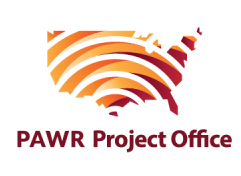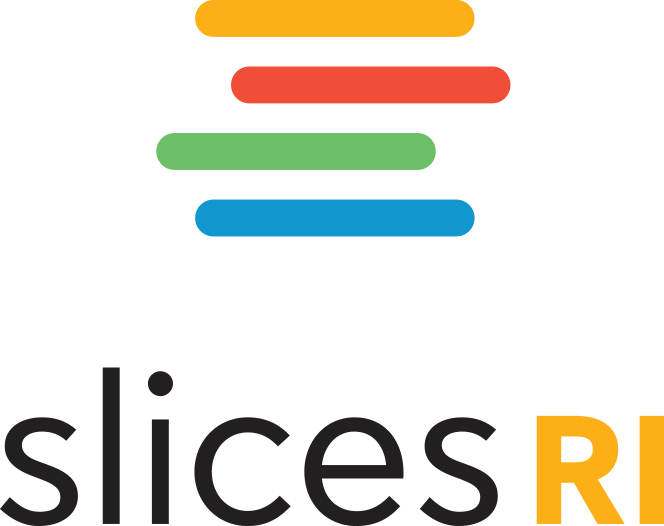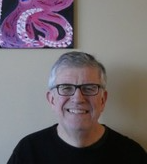
Christian Huitema
speaker
I left Microsoft in 2016, after working for more than 40 years in the software industry, and more than 30 years working on Internet technologies. I have been a researcher and an engineer, I have developed prototypes and products, written books, published many papers, and filed many patents. I have advised PhD students, fixed bugs in software, performed privacy and security analyses, used computer vision and machine learning, managed small and large teams. I learned a lot about the lower layers of the Internet, security, privacy. I had the chance to work on the development of the Internet since the early 80’s, and contributed to many of the standards developed in the IETF, notably IPv6 and voice or video over IP.
For a brief moment, I thought I would just retire and enjoy sailing around the San Juan Islands, but there is still so much work to do on the Internet, and especially on Internet Privacy and new transport protocols like QUIC. I don’t want to take a permanent job in a big organization, but I would be happy to do consulting, research, or reviews, as long as I can participate remotely from my home in the San Juan Island. This is why I set up my own company, Private Octopus Inc.
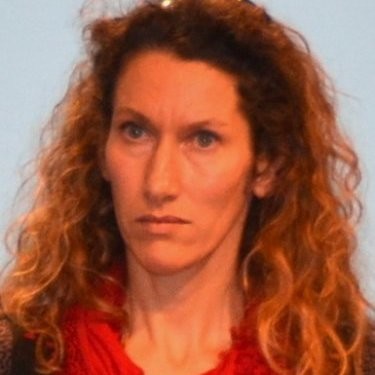
Isabelle Hamchaoui
speaker
I am an expert in QoS for fix and mobile networks, with a soft spot for deeply encrypted environments. I’m currently involved in new mechanisms for 5G Ultra Low Latency. I also work on new methods and tools for troubleshooting in extreme conditions, such as obfuscated transport (QUIC); I also consider automated diagnosis thanks to supervised learning.
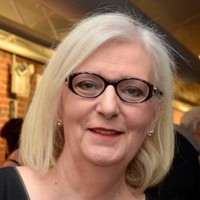
Marie-José Montpetit
speaker
My recent work has centered around an innovative approach to the Internet combining computing and networking with use case in distributed cognition for IoT in the core-edge continuum. The work builds on a combination of Internet technologies, semantic web, data processing on Open platforms and common data layers to build both innovative application but also ensure the reliability of the solution. The work uses locality, caching and composition of networks to better deliver services and combines data capture and production, dissemination and analysis. Finally, a bit more in the past, in 2007 our team was a recipient of the Motorola Technology Prize for a 3-screen TV experience allowing to start a show on any of PC/mobile/STB, pause it and pick it up on another device.
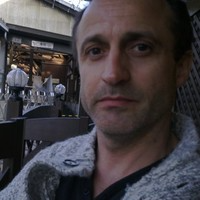
Emile Stephan
speaker
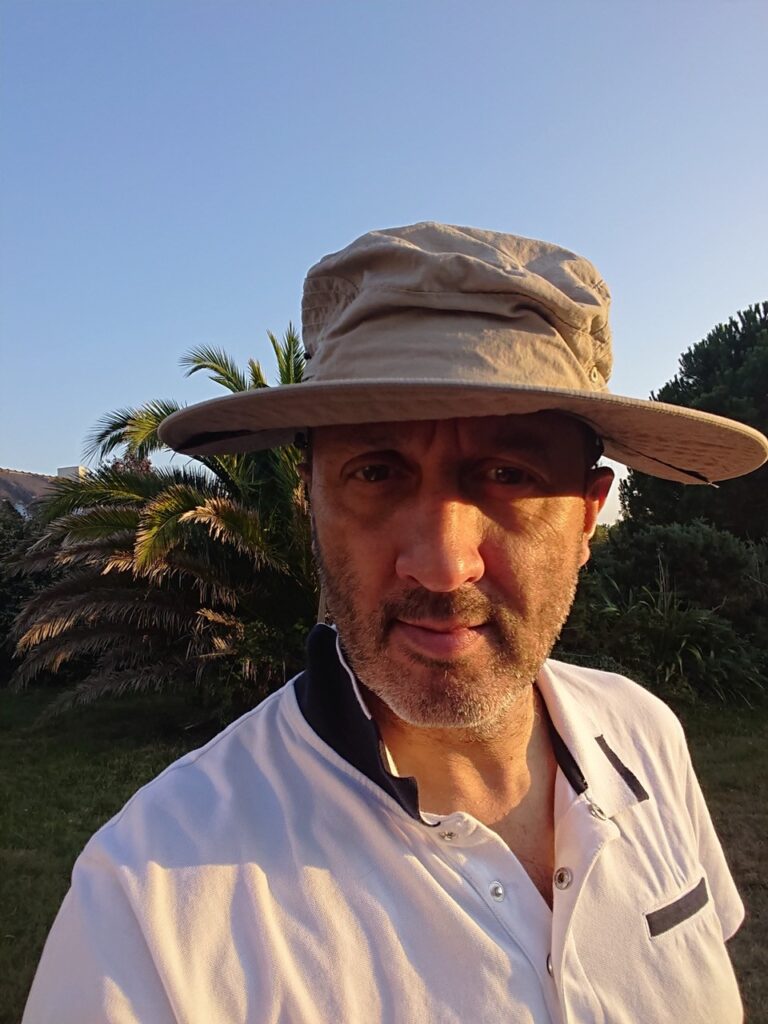
Alexandre Ferrieux
speaker
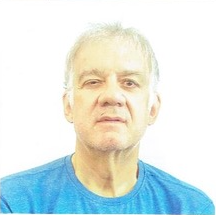
John Border
speaker
John Border is a Scientist in the System Engineering group at Hughes Network Systems. He received his Masters of Computer Science degree from Johns Hopkins University (Whiting School of Engineering). John has worked on Hughes’ satellite systems for more than 37 years and has been a System Architect for Hughes’ Jupiter™ System technology which drives Hughes’ HughesNet services worldwide for the past 10 years.
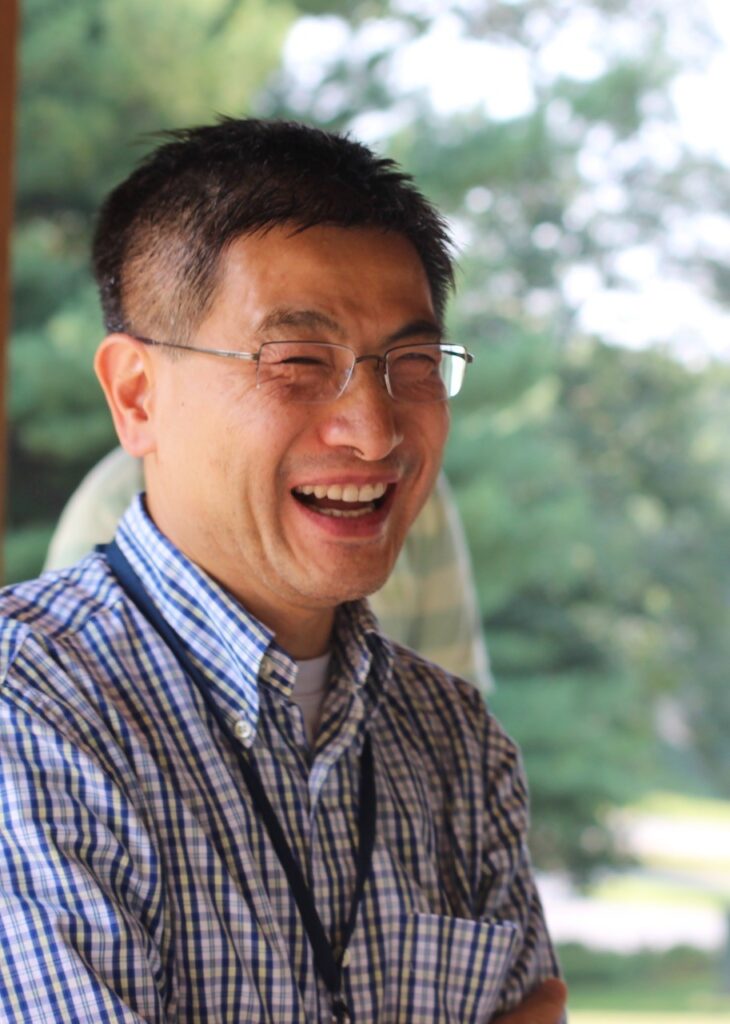
Chi-Jiun Su
speaker
Chi-Jiun Su is a scientist at Advanced Development Group, Hughes Network Systems. He received his Ph.D. in Electrical Engineering from Polytechnic University, Brooklyn (New York University Tandon School of Engineering). He has contributed several patents and papers in the field of networking and communications.
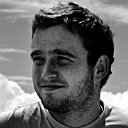
Nicolas Kuhn
organizer
Experienced Network PHD skilled in Computer Science, Congestion Management and Spatial Telecommunications. Recently focusing on QUIC standardization at IETF and its performance over a SATCOM access. Selected publications can be found here : https://scholar.google.com/citations?user=pDlxaRAAAAAJ&hl=fr
